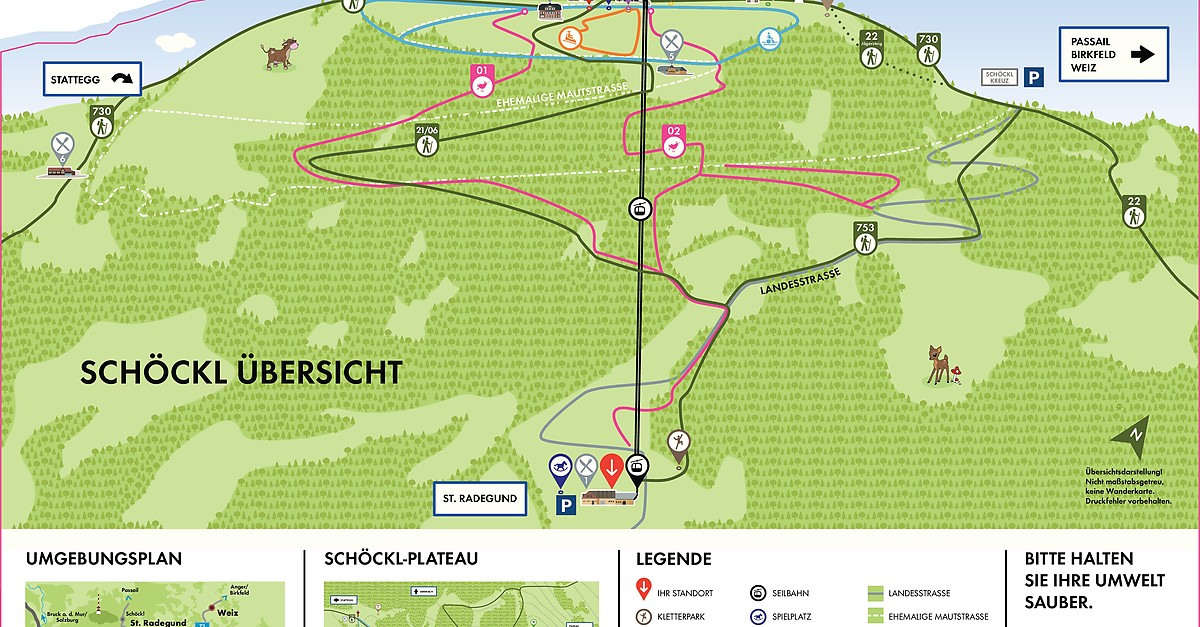Loan deferrals dictated by Russia for soldiers fighting in the Ukraine war are putting increasing pressure on European banks to end their business in the country. In addition to Ukraine, which in recent weeks has repeatedly appealed to the institutions – including Raiffeisen Bank International (RBI), which operates in Russia – to withdraw from Russia, calls from investors who are concerned about their reputation are now increasing make.
RBI and the Italian Bank Austria parent company UniCredit, both of which continue to make money in Russia, are particularly eyed. The two institutions are also the only foreign banks on the Central Bank of Russia’s list of 13 “systemically important credit institutions”. This underlines their importance for the Russian economy.
“Companies should be very careful,” said Kiran Aziz of the Norwegian pension fund KLP, for example, and warned of the great risk that the banks could be used “to finance the war in other ways.” The KLP funds hold shares in both Raiffeisen and UniCredit.
Nordea Asset Management’s Eric Christian Pederson also said he was concerned about Raiffeisen’s and UniCredit’s presence in Russia. The requirement for banks to give soldiers payment facilities “shows the dangers of operating in countries where companies can be forced into actions that directly violate their corporate values,” Pederson said. “We think it’s right that companies are pulling out of Russia in the face of the unprovoked attack on Ukraine.” Refinitiv data shows that Nordea owns shares in UniCredit.
“Any kind of profiteering from the ongoing war is unacceptable and not in line with our concept of responsible investment,” said a spokesman for Swedbank Robur, one of the largest investors in Scandinavia with stakes in both banks.
Some larger institutional investors, including France’s Amundi and Norway’s responsible investing sovereign wealth fund, declined to comment on the issue.
According to data from the Central Bank of Russia, between September 21 and the end of last year, banks rescheduled a total of 167,600 loans to military personnel or their family members worth more than 800 million euros.
According to Raiffeisen, only 0.2 percent of their Russian loans are affected by the “state-imposed credit moratorium” and the amount is “negligible”. In the past financial year, the bank nevertheless more than quadrupled its profit in Russia, from EUR 474 million in 2021 to EUR 2.058 billion. The main reasons were currency effects and the currency exchange business.
The bank is still leaving all options open. At the balance sheet press conference in early February, CEO Johann Strobl again emphasized that all options, including a complete exit, were being examined. But such a process is very complex.
UniCredit did not provide information on how many of its loans were affected by the moratorium. But the Italian bank said its business in Russia is focused on companies, not individuals. Of UniCredit’s total revenues of more than EUR 20 billion last year, Russia accounted for more than EUR 1 billion. Both banks pointed out that they are legally obliged to the moratoria.
Even if a bank plans to exit Russia, a decree by Russian President Vladimir Putin makes matters worse. This prohibits investors from so-called unfriendly countries from selling bank shares unless the Russian President himself grants an exemption.
bel/itz/cs
ISIN AT0000606306 IT0004781412
WEB http://www.rbinternational.com/
https://www.unicreditgroup.eu
Copyright APA. All rights reserved. Redistribution, republication or permanent storage is not permitted without the express prior consent of APA.

